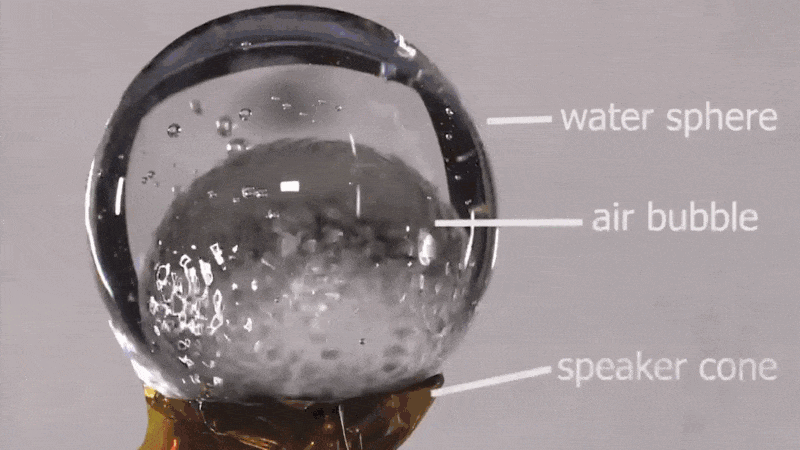"The structure and function of the kidneys is altered by space flight, with galactic radiation causing permanent damage that would jeopardise any mission to Mars."
"A University College London-led team of researchers from over 40 institutions across five continents conducted a range of experiments and analyses to investigate how the kidneys respond to space flight."
"This included biomolecular, physiological and anatomical assessments using data and samples from 20 study cohorts. This included samples from over 40 Low Earth orbit space missions involving humans and mice, most of which were to the International Space Station, as well as 11 space simulations involving mice and rats."
"Seven of these simulations involved mice exposed to simulated galactic cosmic radiation doses equivalent to 1.5-year and 2.5-year Mars Missions, mimicking space flight beyond Earth's magnetic field.
"The results indicated that both human and animal kidneys are 'remodelled' by the conditions in space, with specific kidney tubules responsible for fine tuning calcium and salt balance showing signs of shrinkage after less than a month in space."
"Researchers say the likely cause of this is microgravity rather than galactic cosmic radiation, though further research is required to determine if the interaction of microgravity and galactic cosmic radiation can accelerate or worsen these structural changes."
"The primary reason that kidney stones develop during space missions had previously been assumed to be solely due to microgravity-induced bone loss that leads to a build-up of calcium in the urine. Rather, the UCL team's findings indicated that the way the kidneys process salts is fundamentally altered by space flight and likely a primary contributor to kidney stone formation."
"Perhaps the most alarming finding, at least for any astronaut considering a three-year round trip to Mars, is that the kidneys of mice exposed to radiation simulating galactic cosmic radiation for 2.5 years experienced permanent damage and loss of function."


